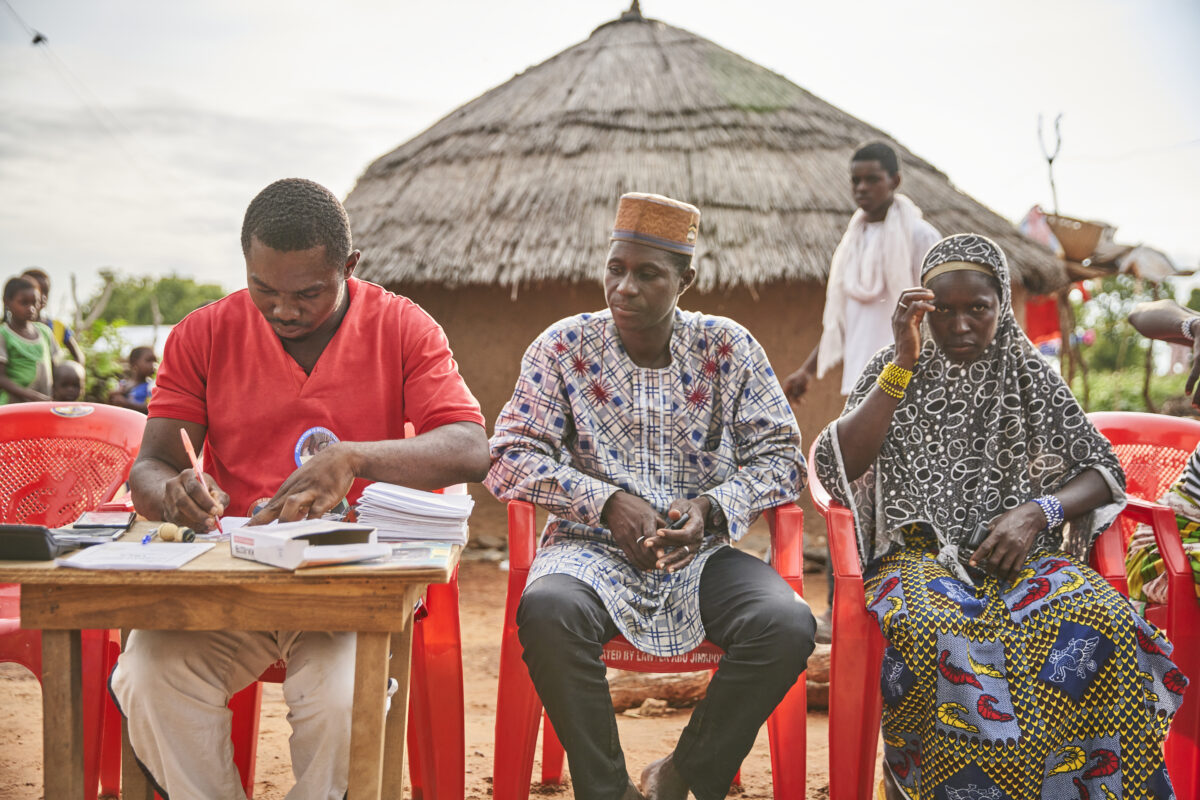In February 2024, government representatives, accompanied by security force escorts, shut down four popular radio stations in Bawku in the Upper East region of Ghana due to inflammatory language. The shuttered stations urged the government to reconsider its decision, citing a lack of evidence, concerns about press freedom, and the reputation of the stations and employees, as well as the socio-economic impact of the closures.
The event stemmed from the emergence of a concerning phenomenon just three years earlier, when Bawku’s seemingly outward calm was marred by an undercurrent of manipulated information as anonymous accounts, allegedly affiliated with the conflicting Kusasi and Mamprusi ethnic groups, shared derogatory and inciteful posts.
This new dimension added a gloomy forecast to longstanding ethno-chieftaincy conflict in the area, as manipulated information became the subject of public scrutiny, heightened inter-ethnic tensions, and recourse to violence by the conflicting ethnic groups and their supporters. The Bawku conflict revolves around a disagreement between the Mamprusi and the Kusasi ethnic groups over the rightful ownership of the Bawku chieftaincy.
Recognizing the weight of this situation, the USAID/OTI Littorals Regional Initiative (LRI) program collaborated with Zinc Network, a London-based media research firm, and discovered that the online landscape in northern Ghana has numerous anonymous accounts publishing content that violates the community standards of social media platforms.

To address this problem while enhancing local ownership, LRI worked with FactSpace West Africa, an Accra-based International Fact-Checking Network-verified organization. FactSpace provided fact-checking and social listening training to 40 journalists of diverse ethnic groups in Bawku and northern Ghana to strengthen ethical reporting and contribute to reducing the spread of manipulated information. After the training, the journalists created an inclusive fact-checking network and started applying their new skills to promote accurate reporting and debunk inaccurate content. But local journalists still face risks to their personal safety in the local context, complicating their reporting.
For nearly a year, FactSpace also conducted digital research through public channels focusing on information publicly shared on WhatsApp, Facebook, X, and other applications, revealing the concerning role of social media in perpetuating the Bawku conflict between the two ethnic groups. The key finding highlighted that the problem does not stem from these social media platforms, but rather how they are used to share manipulated information and hate speech.
Based on the analysis of over 100 posts on Facebook from February to August 2023, FactSpace noted a correlation between the frequency of hate speech shared and the increased probability of physical attacks against the conflicting parties. Based on limited evidence, the tools and algorithms used by social media companies appear to be insufficient in detecting and flagging graphic content and manipulated information published in local and coded languages, given the scope and urgency of the problem in Bawku.
Within this context, the growing reliance on social media platforms for information raises concerns about a further increase in manipulated information. FactSpace’s preliminary stakeholder engagements with civil society and peace institutions revealed the importance of understanding social media’s influence on multiple local conflicts and the operational gaps in local peace institutions and frameworks in effectively addressing them.
The radio station closures in February 2024 highlight that rampant polarization and scrutiny exist in traditional media outlets as well.
Stakeholders believe FactSpace’s research findings can aid journalists in understanding complexities, prioritizing ethics, and sharing accurate information on local conflicts. It also provides a foundation for advocacy toward peace and reduces the spread of manipulated information related to the conflict. They, however, emphasized caution when sharing conflict-related information to prevent potential pushbacks from conflicting parties.
FactSpace plans to publish its findings later this year to catalyze discussions among civil society and government stakeholders on developing contextualized solutions that balance protecting human rights and freedom of speech while safeguarding the online space.
The question remains: does promoting information integrity and resilience contribute to slowing down the conflict? Measuring the impact of disseminating accurate information in Bawku is currently a complex task primarily due to security concerns. It is challenging to determine the extent to which accurate information reaches the community and sustains attention. Moreover, research from the Harvard Kennedy School (2022) indicates that accurate information often lacks the same level of traction and momentum as negative information.
Accurate information is often shared by actors intervening positively in the conflict, sometimes during ongoing facilitated peace dialogues with conflicting parties and community members, but their reach is limited. Additionally, some degree of balanced reporting is happening through media stations outside of Bawku and at the national level. However, quantifying the number of listeners in Bawku who engage with this accurate information is difficult, further demonstrating the importance of unobstructed local reporting by media stations in Bawku.
Despite the discouraging outlook, the potential to utilize social media for positive purposes remains significant—accounts and content that advocate for a decrease in violence and encourage residents to actively engage in peacebuilding efforts are available.
Press freedom is associated with the fundamental right of freedom of expression. Within this context, it allows media actors to freely express themselves and report on issues while giving room for diverse opinions, inclusivity, and constructive public discussions. In conflict-affected communities like Bawku, press freedom and amplifying positive local voices that disseminate accurate information can contribute to strengthening inter-ethnic collaboration, preventing violence and promoting a healthier online environment.